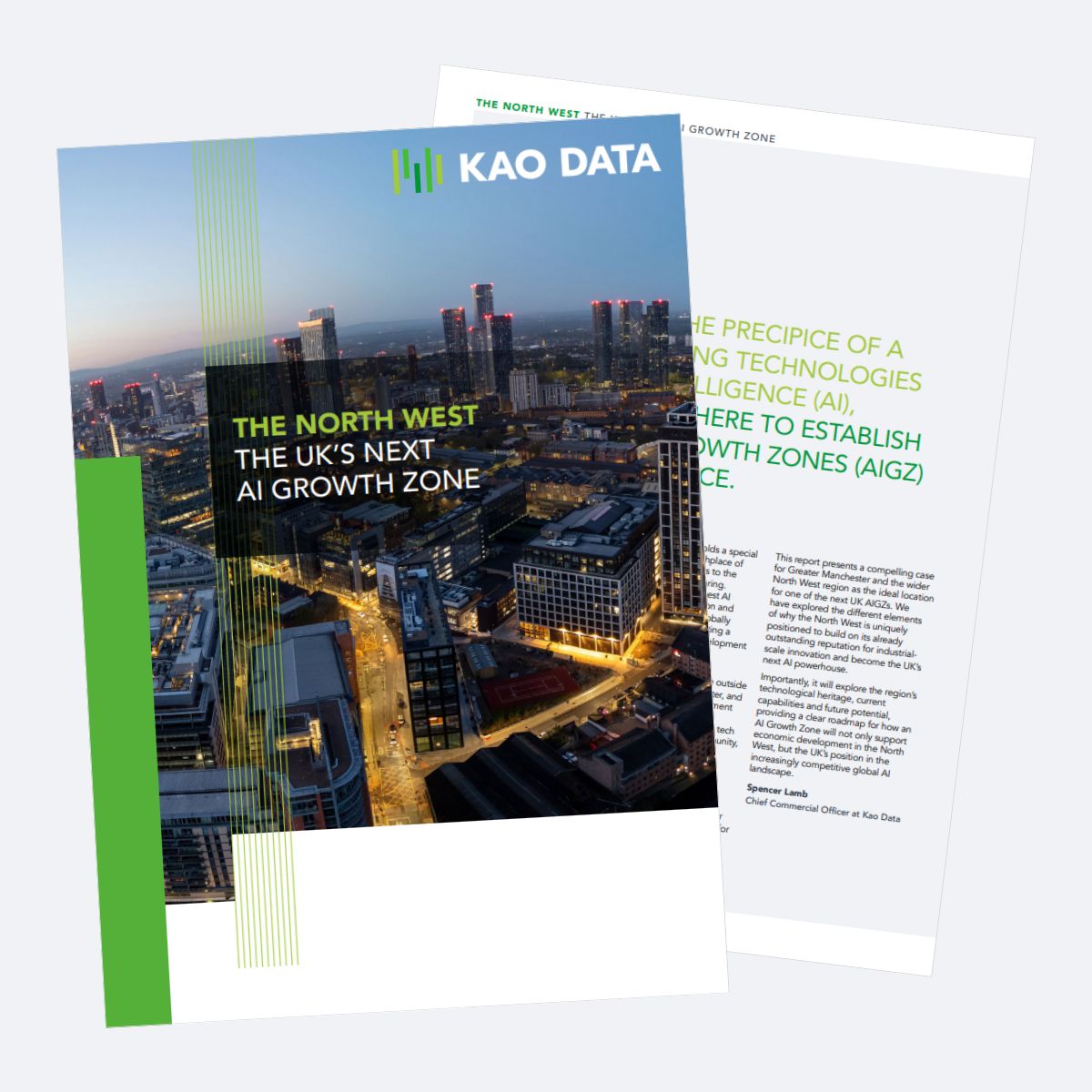As many of you will know, IR35, the tax legislation designed to combat tax avoidance is about to go under reform.
If you're unsure what these reforms will mean for your business, don't worry, our members Head Resourcing have written this fact-laden article that will help to ensure your company isn't caught out.
IR35 Update
As everyone should be aware by now, the Private Sector IR35 legislation changes are coming in just over a year and these changes are likely to have a significant impact on the current contracting market and on medium and large businesses that utilise contract resource extensively.
I have been to a number of IR35 related seminars this year and, whilst there are still unanswered questions, there are a number of things that contractors, end-clients and suppliers should be doing to prepare for the new changes.
What we know for certain:
From April 2020, the Off-Payroll worker rules introduced into the Public Sector in 2017 are coming into the Private sector and end-hirers will be responsible for assessing the IR35 status of the existing roles performed by their Contract workforce and also any future positions that will be released.
The tax liability and responsibility for ensuring the appropriate Taxes and NIC are paid falls to the Fee Payer (in the case of contractors via an agency, this would fall to the Agency involved).
End hirers will have to ensure that they take and can demonstrate taking “reasonable care” when assessing existing roles and making their determinations as to whether a role is inside or outside IR35.
Whilst we are still waiting for the official guidance (1st draft due this Summer), one of the recent seminar’s run by Brookson advised “reasonable care” as taking the following steps; conducting a comprehensive audit of your existing flexible workforce (involving said workforce in the process), new processes and policies to reflect audit outcomes, retaining records of the outcomes and of any changes made as a result of the assessment. Recently published proposals state that greater transparency will be required in IR35 determination and clients will have to directly inform off-payroll workers and the fee-payer of the reasoning underlying their IR35 determination.
Small businesses are excluded from the changes (those businesses with 2 of 1. fewer than 50 employee’s, 2. Turnover not more than £10.2M, 3. Balance sheet not more than £5.1M). As most small businesses don’t engage Contract work, this was a fairly innocuous concession.
Self-Employment is not being outlawed and neither is working through a PSC.
HMRC’s CEST (Check Employment Status for Tax) tool isn’t fit for purpose and is undergoing improvements, likely in time for the changes next year.
What we don’t know:
What is “reasonable care”?
As mentioned, HMRC has given little guidance on what this actually means in the context of IR35 but we predict that this will be the likely focus of future compliance investigations, rather than investigating individual workers / PSC’s.
As such, there are likely going to be more robust consequences for failing to take reasonable care once the results of the current consultation are published (expected over the Summer).
Will CEST be made fit for purpose?
Consultation response acknowledges the CEST tool can be improved but we’re sceptical that HMRC can develop CEST into a tool that is both user-friendly and assists the user in making decisions on those workers whose working practices and contracts are not clearly inside or outside of IR35.
Will the fee-payer have to follow the end hirers decision?
It’s possible that the Private Sector rules will place an obligation on the fee-payer to follow the determination of the hirer. If that’s the case, it may alter the liability resting with the Fee Payer and place the emphasis back on to the end-hirer. Currently in the Public Sector, the rules do not make it clear that the fee-payer must follow the determination of the hirer but there is a proposal to spread the liability across the supply chain.
Where HMRC does not receive the tax due, the government proposes that liability initially rests with the party that has failed to fulfil its obligations, until such a time that it did meet those obligations.
How will the affected workers be able to challenge decisions?
HMRC says it will “set out what people should do when they do not agree with the business’ decision on their employment status”. The recently published proposals mention the introduction of a client-led status disagreement process. This means that end clients will be responsible for creating their own internal system to handle IR35 status disagreements. The government hopes that such a client-led system will provide additional assurance to fee-payers (and contractors) that the client has taken reasonable care in making their IR35 status determination. It is proposed that a minimum set of requirements will be set out in the legislation. However, given the short turn-around times involved in contract hiring and the likely complexity involved in any challenge process, it remains uncertain as to how this can be achieved effectively.
Will HMRC look backwards as well as forwards?
HMRC will focus its efforts on ensuring businesses comply with the reform rather than focusing on historic cases. HMRC will not carry out targeted campaigns into previous years when individuals start paying employment taxes under IR35 for the first time following businesses’ decisions about their status, should their status change.
Will we see growth in alternative supply models?
Yes - More agencies are offering, and more end-clients will likely ask for “statement of work” engagements. HMRC will expect such arrangements to be “genuine” rather than contrived and might look closely at the contract between the end client and the “statement of work” provider. Getting this wrong might see the tax risk landing back with the end client, who might then struggle to demonstrate that is has taken reasonable care.
What we think you should be doing right now:
For end-clients, the most important thing you can do is to get an understanding of the law & set up a change programme to cope with the legislation change. Begin an exercise to understand the current profile of your off-payroll workforce and therefore the scale of the change to be managed.
Begin the conversation now with your supply chain and your off-payroll workers about how best to manage the new rules and define a suitable assessment process for your current Contractor population whilst also looking at the internal process for assessing future requirements.
For Contractors, prompt the conversation with the end-clients you are engaged with and encourage them to involve you in the process & assessments as early as possible. Speak to Agencies you engage with and ask them to work with you to look at suitable solutions. Following April 2020, IR35 status will become less about how you deliver your services and more about how the end-client perceives the requirement so educating hiring contacts is key.
Obviously, the landscape is going to change over the coming months as more information about the implementation in the Private Sector becomes clear but, given the scale of the change, the conversations and planning need to begin now.
Feel free to get in touch with Head Resourcing for more information and look out for our blogs as we learn more.









